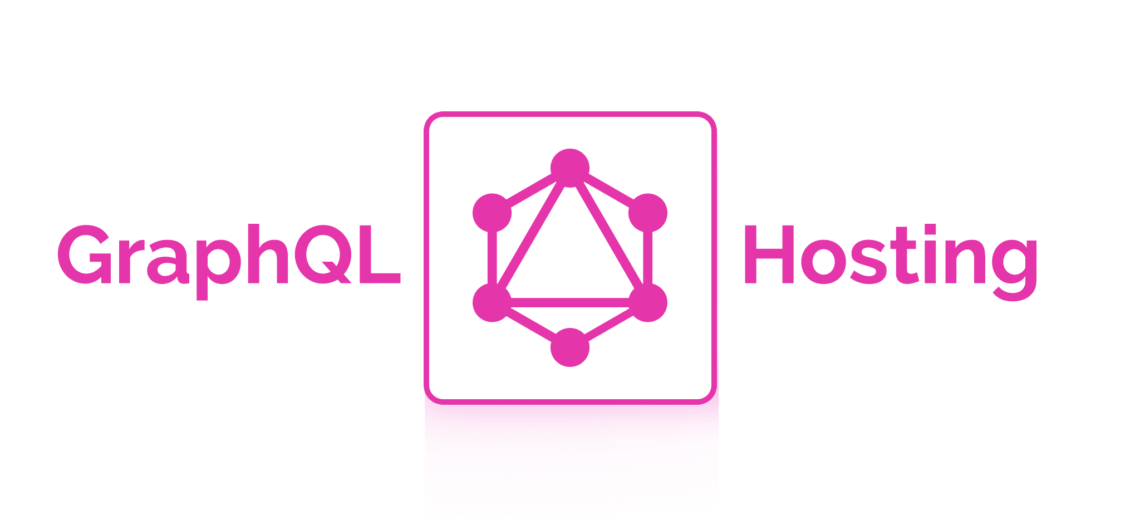GraphQL Hosting

It’s no mystery that every developer wants to make high-quality applications, and if you’re one of them, we are here to assist you in finding a straightforward way to implement and host a GraphQL database. In the past, I’ve been an assiduous REST user, but my concerns about its complexity, over fetching requests and data transfer costs have led me to explore other alternatives.
In addition to some first-tier GraphQL hosting providers such as Back4App, there’s a frequently expanding list of cloud service providers that allow affordable GraphQL hosting.
In this tutorial, I’ll also describe some of the best cloud options to host GraphQL APIs; some providers that are less established but still useful to developers. The tutorial will cover the following hosting options:
- Parse
- Back4App
- Graphcool
- AWS App Sync
- Hasura
Contents
GraphQL benefits to getting started
Here is a couple of benefits of using GraphQL technology:
- No more over fetching
- The less quantity of API calls implicate in a lower data transfer out volume
-
Aids implementing a mobile-first user experience
- Ideal to manage complicated schema
-
Microservices orchestration solution
-
Modern compatibility
- Contract driven by nature
- Similar to SOAP (this is good for enterprise implementations)
Use cases for GraphQL implementation
- Data broadcasting
- Chat apps
- IoT
- Offline data syncronization
GraphQL real-life examples
GraphQL hosting options
The quantity of specialized GraphQL hosting options is proliferating, and here are a couple of good options to start.
Parse
Parse is an app development platform framework open-sourced by Facebook in 2016. The framework is pretty reliable, well tested and is backed by a healthy developer ecosystem. Parse is an excellent option because it’s Open Source, has an active developer community to support the technology and has no vendor lock-in.
Features
- Database
- GraphQL APIs (queries, mutations, subscriptions)
- SDKs (iOS, Android, Javascript, .NET + Xamarin, Unity, PHP, Arduino, Embedded C)
- Push Notifications
- Live Queries
- 3rd Party Authentication
- Email verification & Password Reset
- Cloud Code
- REST APIs
- Data import & Data export
- Adapters (mailgun, S3, file storage system, SQS)
Pricing
The framework is FREE and Open-Source. You will only incur pay to host your application.
Hosting Options
- Self-hosting with mainstream cloud providers like AWS, Azure, Google Cloud, Alibaba, Digital Ocean, etc.
- Specialized hosting services like Back4App.
- Local deployment.
Back4App
Back4app is the world’s most successful Parse GraphQL framework hosting platform. It renders a wholly managed backend service with automated GraphQL provisioning and scaling. Completely serverless and the list of services include:
- Daily backups
- Data restoration
- 24/07 support
- Other professional services
The advantages of Back4app are the same as Parse along, and it comes with many other add ons like a multitenant dashboard, GDPR security standards, global content distribution, documentation, etc.
Features
- Database
- GraphQL APIs (queries, mutations, subscriptions)
- Multitenant Dashboard
- Serverless GraphQL & REST databases
- SDKs (iOS, Android, Javascript, .NET + Xamarin, Unity, PHP, Arduino, Embedded C)
- Push Notifications
- Live Queries
- 3rd Party Authentication
- Email verification & Password Reset
- Cloud Code
- REST & GraphQL APIs
- Transfer App
- Clone App
- Version Management
- Cloud Services (CDN, backups, cache, index manager, auto-scaling)
- GDPR Privacy Settings
- Data import & Data export
Pricing
- Free plans for projects that are under development stage.
- GraphQL shared hosting option starting at $5/month.
- GraphQL private cloud (dedicated hosting) option starting at $250/month.
- Enterprise contract under quotation.
Hosting Options
- Back4app cloud.
- Back4app private hosting.
- On-premisses or own-cloud deployment.
Graphcool
An open-source framework to create and deploy production-ready serverless GraphQL backends. The Graphcool Framework gives an opinionated backend service, including GraphQL database mapping, subscriptions & authorization system.
Features
- Schema
- CLI
- Serverless GraphQL database
- Functions
- Authentication
- Data import & Data export
- Backups & Restore
Pricing
- Free plans available
- Paid plans start at $35/month
Hosting Options
- Graphcool cloud
- Own-cloud deployment
AWS App Sync
Simplifies app creation allowing developers to make manageable GraphQL APIs. It’s possible to develop real-time scalable web/mobile projects.
Features
- Simplified Data Access and Querying
- Real-time data access and updates
- Offline data synchronization
- Data querying, filtering, and search
Pricing
- Pay by the usage
Hosting Options
- AWS cloud
Hasura
It is a software technology company that makes developer tooling products, including open-source tools, (BaaS) and PaaS products. Grants instant realtime GraphQL APIs on any Postgres app.
Features
- Queries and Mutations
- Real-time with subscriptions
- Event triggers
- Dynamic access control and authentication
Pricing
- Free plans available.
- Support start at $99/month.
Hosting Options
- Heroku, AWS, Digital Ocean, Azure, Google Cloud
What are the issues with REST APIs?
It’s good but there are some issues that make you think of some alternatives. Issues are given below.
-Complexity
-Over fetching requests
-Data transfer costs
How Parse is a good option?
It is an app development program which was built by Facebook. It is a compact platform which is tested in a detailed way. The development ecosystem is pretty good also. Some other points which makes it good are
-Being open source
-Active developer community
-No Vendor Lock in
What are add ons you get with Back4app?
Back4app has the same pros you get with parse but being the most successful Parse GraphQL framework hosting program, it has many add ons. Some of them are listed below.
-Managed backend service
-Multitenant dashboard
-GDPR security standards
-Global Content distribution
-Detailed documentation.



